US pushes for Google and Meta to operate US-APAC undersea cable
The government cited concerns around the Chinese government’s efforts to acquire US citizen personal data when making the recommendation
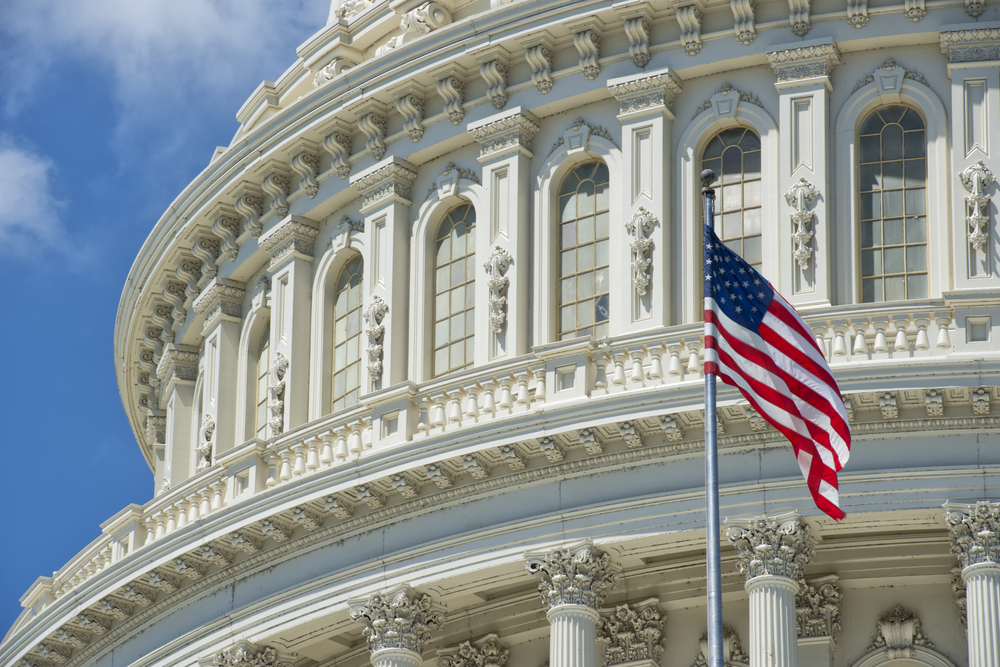

The Biden administration has called on the FCC to give permission to Google and Meta to operate an undersea cable system to handle growing internet traffic with Asia.
The Departments of Justice (DOJ), Defense (DOD), and Homeland Security (DHS) made an agreement with the two companies which will see them protect data on the Pacific Light Cable Network (PLCN) system, an undersea fibre optic cable system that will connect the US, Taiwan and Philippines.
The Executive Branch recommended that the FCC condition any license to operate the PLCN system in compliance with National Security Agreements. Under these agreements, the companies have agreed to conduct annual assessments of risk to sensitive data that transits the PLCN cable system, including when the data exits the cable.
They also agreed to pursue diversification of interconnection points in Asia, including in Singapore, Thailand, Vietnam, Indonesia, and Philippines. They will also restrict access to information and infrastructure by Pacific Light Data Communications, the Hong Kong-based owner of PLCN that withdrew its application for an FCC license.
A Meta spokesperson told IT Pro: “We are encouraged by the Administration’s recommendation to approve our use of the PLCN subsea cable system to connect the US to the Philippines. This cable system increases internet capacity between the two countries to help people stay connected and share content, like photos and videos. Our approach is to build state-of-the-art, secure subsea cables where all data moving through them is protected through advanced encryption.”
“We have been working for many years, and will continue to work, through established channels to obtain cable landing licenses for our undersea cables," a Google spokesperson said to IT Pro.
In June 2020, the committee publicly recommended that the FCC should partially deny a previous application for PLCN with respect to its proposed connections to Hong Kong and to the portions of the PLCN owned by PLDC.
Get the ITPro daily newsletter
Sign up today and you will receive a free copy of our Future Focus 2025 report - the leading guidance on AI, cybersecurity and other IT challenges as per 700+ senior executives
Shortly after this, the applicants withdrew their application, and Google and Meta’s subsidiaries then filed a new one which removed Hong Kong and only aimed to operate the US, Taiwan, and Philippines portions of PLCN.
RELATED RESOURCE
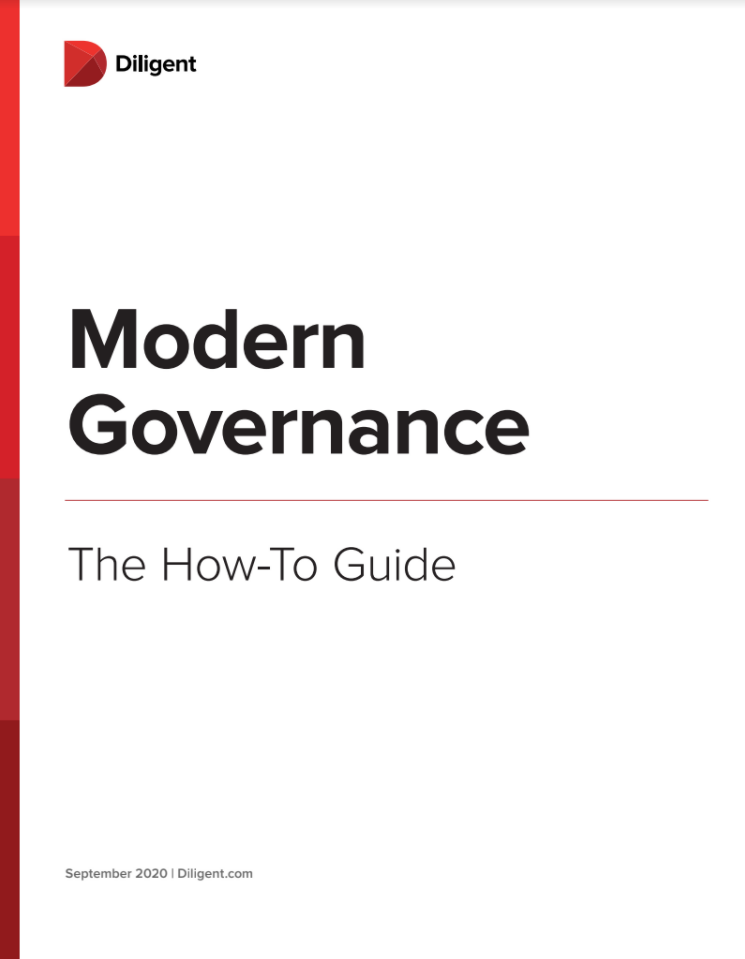
Modern governance: The how-to guide
Equipping organisations with the right tools for business resilience
“These agreements enable Google and Meta to take advantage of critical, additional cable capacity while protecting US persons’ privacy and security through terms that reflect the current threat environment,” said assistant attorney general Matthew G. Olsen of the Justice Department’s National Security Division.
The National Security Agreements are justified by the current national security environment, said the DOJ. This includes the PRC government’s sustained efforts to acquire the sensitive personal data of millions of US people, its access to other countries’ data through both digital infrastructure investments and recent intelligence and cyber security laws.
It added that changes in the market have transformed subsea cable infrastructure into increasingly data-rich environments that are vulnerable to exploitation.
Zach Marzouk is a former ITPro, CloudPro, and ChannelPro staff writer, covering topics like security, privacy, worker rights, and startups, primarily in the Asia Pacific and the US regions. Zach joined ITPro in 2017 where he was introduced to the world of B2B technology as a junior staff writer, before he returned to Argentina in 2018, working in communications and as a copywriter. In 2021, he made his way back to ITPro as a staff writer during the pandemic, before joining the world of freelance in 2022.
-
 Westcon-Comstor and Vectra AI launch brace of new channel initiatives
Westcon-Comstor and Vectra AI launch brace of new channel initiativesNews Westcon-Comstor and Vectra AI have announced the launch of two new channel growth initiatives focused on the managed security service provider (MSSP) space and AWS Marketplace.
By Daniel Todd Published
-
 Third time lucky? Microsoft finally begins roll-out of controversial Recall feature
Third time lucky? Microsoft finally begins roll-out of controversial Recall featureNews The Windows Recall feature has been plagued by setbacks and backlash from security professionals
By Emma Woollacott Published
-
 Latitude Financial's data policies questioned after more than 14 million records stolen
Latitude Financial's data policies questioned after more than 14 million records stolenNews Some of the data is from at least 2005 and includes customers’ name, address, and date of birth
By Zach Marzouk Published
-
 Latitude hack now under state investigation as customers struggle to protect their accounts
Latitude hack now under state investigation as customers struggle to protect their accountsNews The cyber attack has affected around 330,000 customers, although the company has said this is likely to increase
By Zach Marzouk Published
-
 IDCARE: Meet the cyber security charity shaping Australia and New Zealand's data breach response
IDCARE: Meet the cyber security charity shaping Australia and New Zealand's data breach responseCase Studies IDCARE is recruiting a reserve army to turbocharge the fightback against cyber crime not just in the region, but in the interests of victims all over the world
By Zach Marzouk Published
-
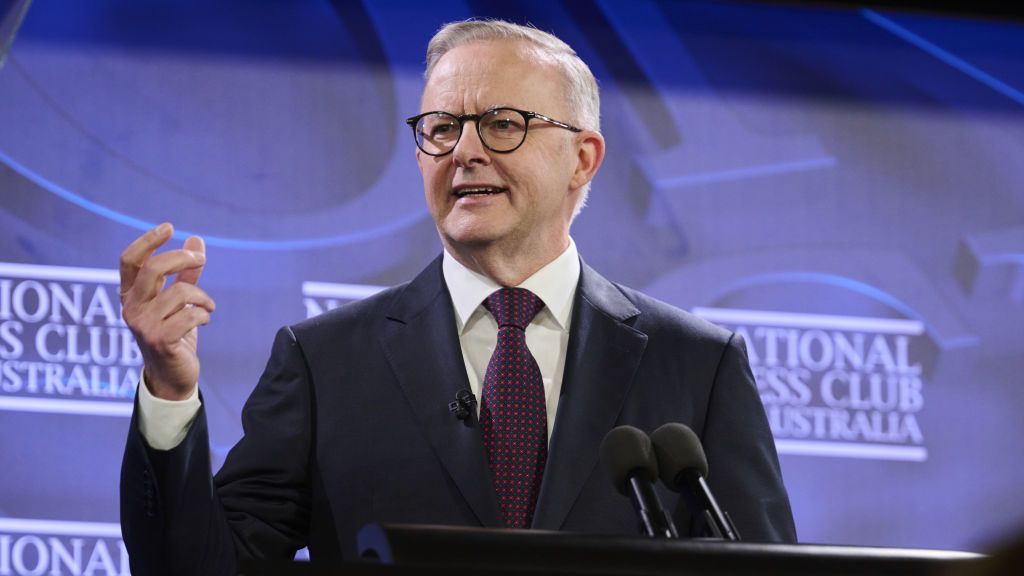 Australia commits to establishing second national cyber security agency
Australia commits to establishing second national cyber security agencyNews The country is still aiming to be the most cyber-secure country in the world by 2030
By Zach Marzouk Published
-
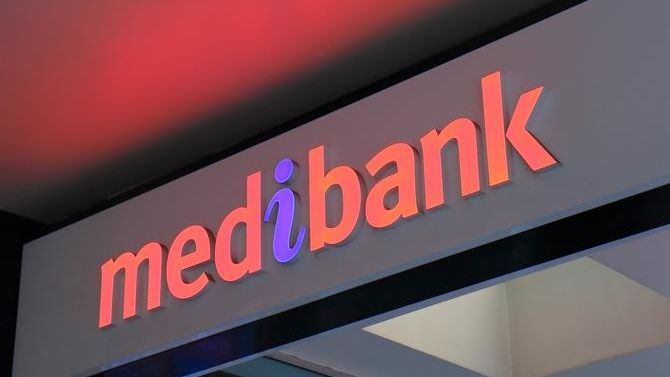 Medibank bleeds $26 million in cyber costs following hack
Medibank bleeds $26 million in cyber costs following hackNews The company believes this figure could rise to $45 million for the 2023 financial year
By Zach Marzouk Published
-
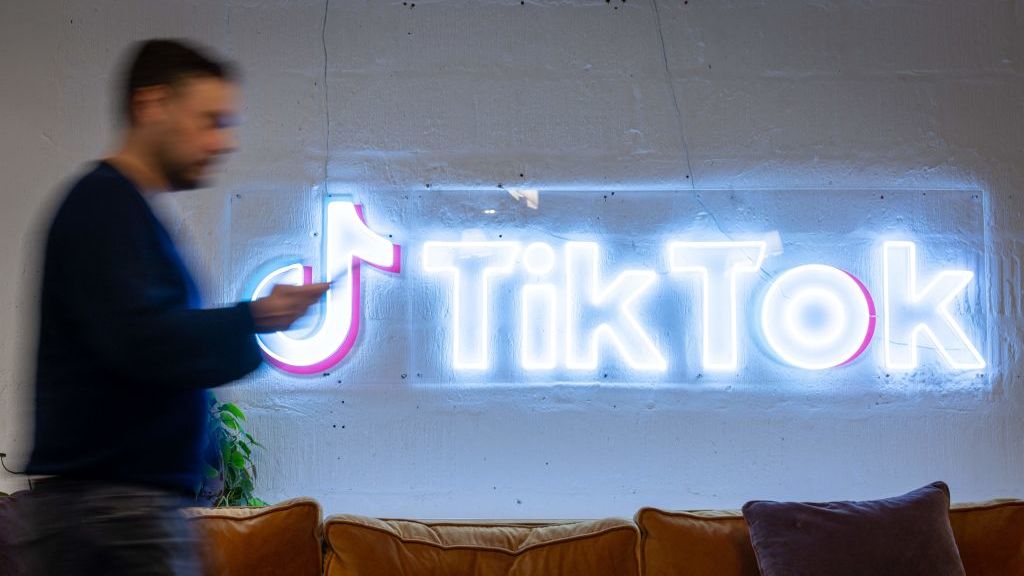 TikTok's two new European data centres to address data protection concerns
TikTok's two new European data centres to address data protection concernsNews The company is under pressure to prove its user data isn’t being accessed by the Chinese state
By Zach Marzouk Published
-
 Cyber attack on Australia’s TPG Telecom affects 15,000 customers
Cyber attack on Australia’s TPG Telecom affects 15,000 customersNews It is the third cyber attack on a major Australian telco since October
By Zach Marzouk Published
-
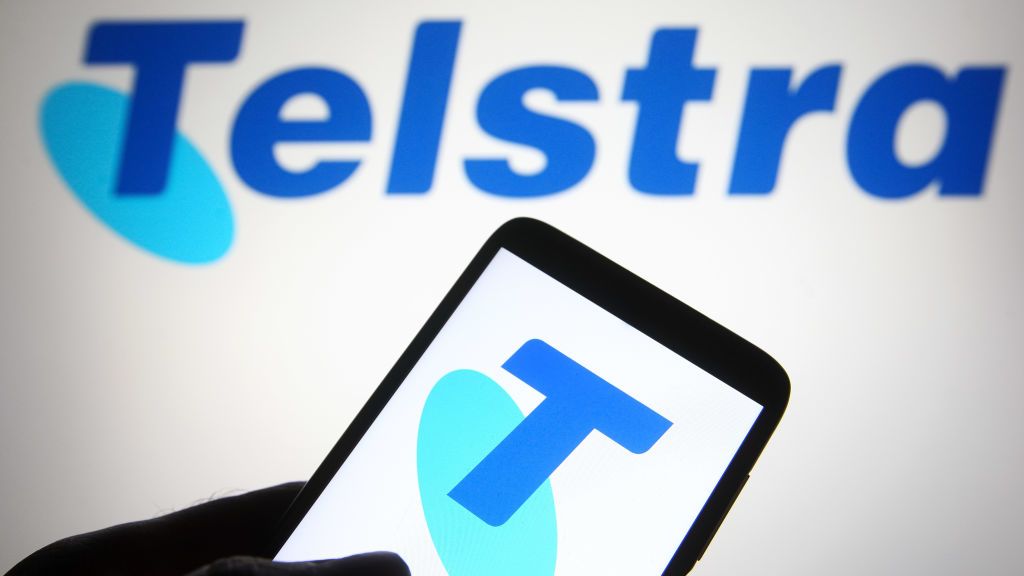 Telstra blames IT blunder for leak of 130,000 customer records
Telstra blames IT blunder for leak of 130,000 customer recordsNews Australia’s biggest telco said that the error was due to a mismanagement of databases and not a cyber attack
By Zach Marzouk Published